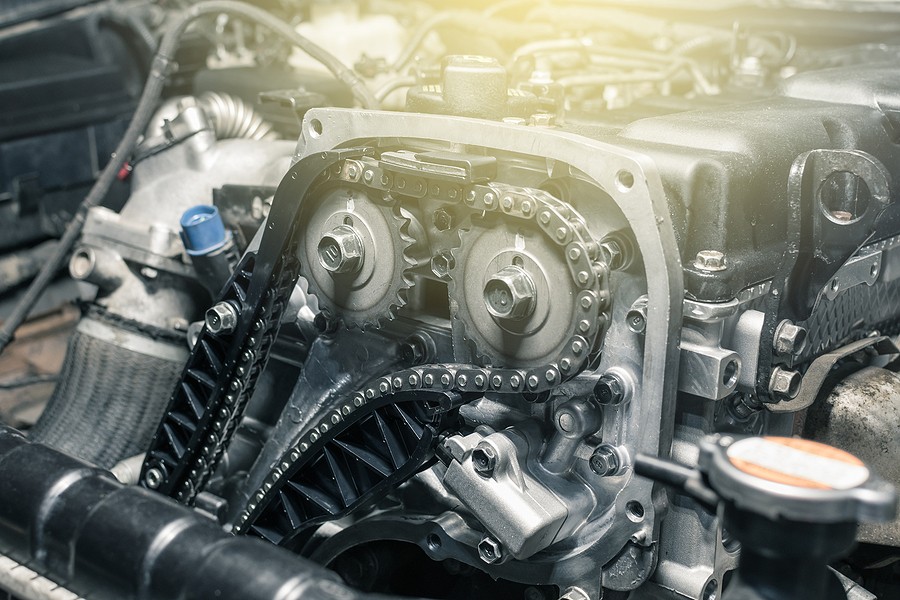Honda models from 1997-2002 have timing belts, 2003-2017 V6 models have timing belts and 4-cylinder models have timing chains, and models from 2018 onwards all have timing chains.
Honda's Timing Mechanism: A Closer Look
Honda's evolution in timing mechanisms is a testament to its commitment to innovation and vehicle reliability. The mid-1960s marked the introduction of timing belts in Honda engines, a strategic move to reduce operational noise and enhance the smoothness of the engine. These belts, characterized by their need for regular replacement, played a pivotal role in maintaining the engine's efficiency.
However, the inherent limitations of timing belts, mainly their susceptibility to wear and tear, led Honda to adopt timing chains in certain models. This shift not only extended the lifespan of the engine's timing mechanism but also reduced the frequency of replacements, offering a more robust and maintenance-friendly solution.
The mechanical significance of these components cannot be overstated. Timing belts and chains are crucial in synchronizing the engine's camshaft and crankshaft, ensuring the timely movement of pistons and valves within the engine cylinders. This synchronization is vital for the engine's proper functioning, directly impacting the vehicle's performance and fuel efficiency.
While timing belts offer the advantage of quieter operation, they are more prone to wear and require more frequent replacements compared to timing chains. Conversely, timing chains are celebrated for their robust construction and extended lifespan, though they can fail dramatically if the engine's oil pressure is too low.
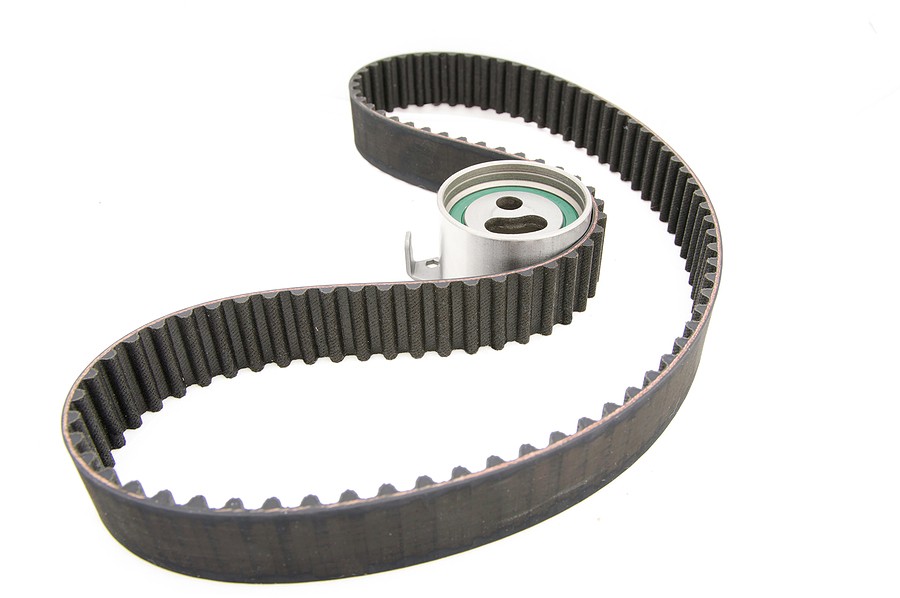
Key Models and Their Timing Mechanisms
Honda Civic
- 2006 and Newer Models: Equipped with durable timing chains.
- Earlier Models: Predominantly used timing belts, requiring more frequent replacements.
- Maintenance Tips: Regular check-ups are recommended to ensure the chain's longevity.
Honda Accord
- 2018 and Newer Models: All come with timing chains.
- 2003–2017 Models: V6 engines have timing belts, while 4-cylinder models boast timing chains.
- Long-Term Care: Despite the robustness of chains, periodic inspections are advisable.
Honda Odyssey
- Consistent Use of Timing Belts: All models of the Odyssey are equipped with timing belts.
- Replacement Schedule: Adhering to the recommended replacement schedule is crucial to avoid engine damage.
- Expert Maintenance: Seeking professional assistance for belt inspection and replacement ensures reliability.
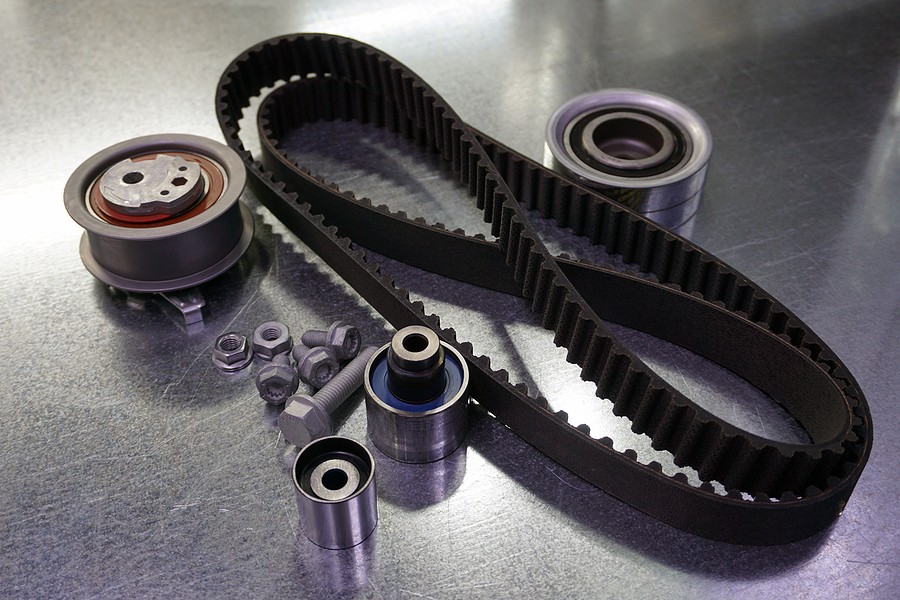
Additional Considerations
Why Honda Uses Both Belts and Chains
- Model-Specific Engineering: The choice between belts and chains depends on the engine type and model requirements.
- Performance vs. Durability: Timing belts offer quieter operation, while chains are known for their durability and lesser maintenance.
- Evolving Designs: Honda continues to innovate, seeking the best balance between performance, durability, and maintenance ease.
Replacing Timing Chains and Belts
- When to Replace: While chains generally last longer, belts should be replaced as per Honda's guidelines.
- Professional Assessment: Regular service checks can help determine the health of the timing mechanism.
- Cost Considerations: Be mindful of the potential costs involved in replacing these critical components.
Checking Your Vehicle’s Timing Mechanism
- Visual Inspection: Look for a tinplate or plastic cover – a sign of a timing belt.
- Absence of Cover: No cover typically indicates a timing chain.
- Consulting the Manual: Always refer to your vehicle’s manual or a professional for accurate information.
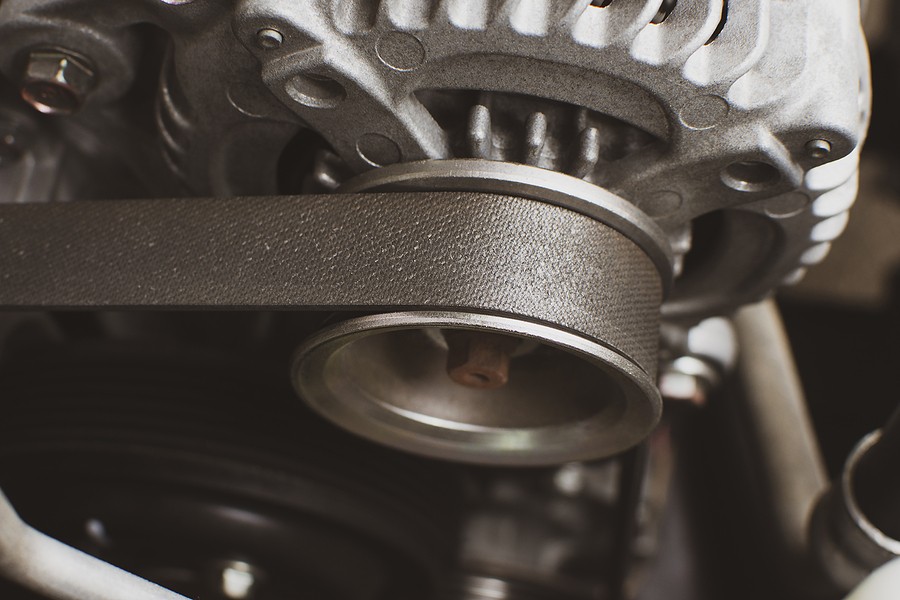
Conclusion: Reach Out for Expert Advice
For more personalized advice on your Honda’s timing mechanism, or if you're looking to sell your car regardless of its condition, contact Cash Cars Buyer at 773-791-4363. Our team of expert car researchers is here to assist you.
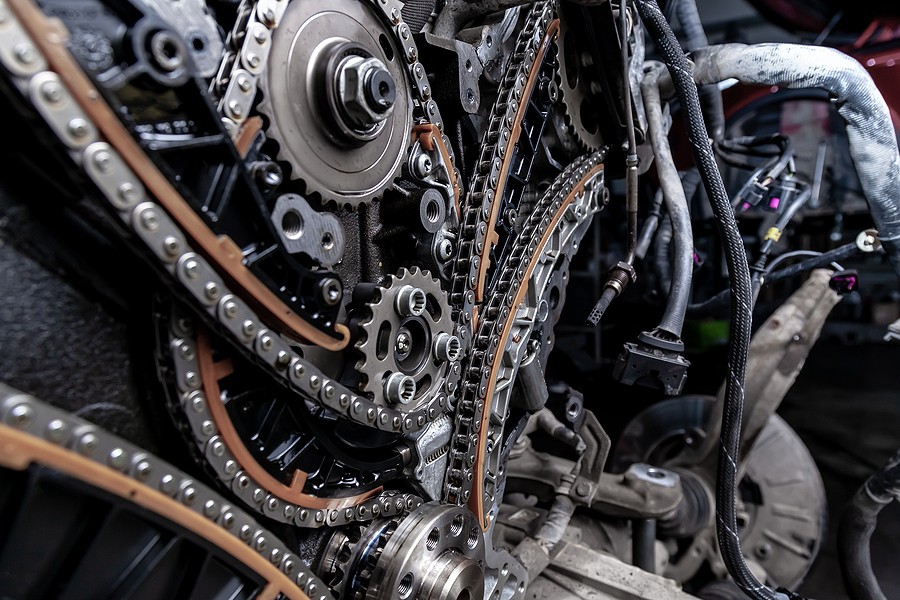
FAQs
- What is the main difference between a timing belt and a timing chain in Honda vehicles?
- Timing belts are typically quieter but require more frequent replacement, whereas timing chains are more durable and generally last longer.
- How often should I replace the timing belt on my Honda?
- It's recommended to replace the timing belt every 60,000 to 100,000 miles, depending on the specific Honda model.
- Do all Honda models use timing belts?
- No, some models, especially newer ones, use timing chains instead of belts.
- Can a worn timing belt affect my Honda's performance?
- Yes, a worn or damaged timing belt can lead to engine performance issues and even severe engine damage.
- What are the signs of a failing timing belt in Honda cars?
- Warning signs include unusual engine noises, a ticking sound from the engine, engine misfires, and the engine failing to turn over.
- Is it expensive to replace a timing belt in a Honda?
- The cost can vary, but it generally includes both parts and labor, and it can be a significant expense.
- Can a failing timing chain damage my engine?
- Yes, a broken timing chain can cause severe engine damage, often more extensive than timing belt failure.
- Are timing chains more reliable than timing belts?
- Generally, yes. Timing chains usually last longer and are less prone to breaking than timing belts.
- How can I tell if my Honda has a timing belt or chain?
- Check for a tinplate or plastic cover on the side of the engine; if present, it's likely a timing belt. No cover usually indicates a timing chain.
- Why does Honda use timing belts in some models and chains in others?
- The choice depends on various factors including engine design, performance requirements, and noise reduction considerations.
- What happens if I don't replace my Honda's timing belt on time?
- Delaying the replacement can lead to the belt breaking, causing potentially severe engine damage.
- Does my Honda Civic have a timing belt or chain?
- Honda Civics from 2006 onwards have timing chains. Earlier models typically have timing belts.
- Should I check my timing belt or chain during regular maintenance?
- Yes, it’s a good practice to inspect your timing mechanism during regular vehicle maintenance.
- What's the average life expectancy of a timing chain in a Honda?
- While it can vary, timing chains in Honda vehicles are often designed to last for the vehicle's lifetime, but this depends on proper maintenance.
- If my Honda has a timing chain, do I ever need to worry about replacing it?
- While less common than belt replacements, timing chains may still require replacement in cases of low oil pressure or other engine issues.

